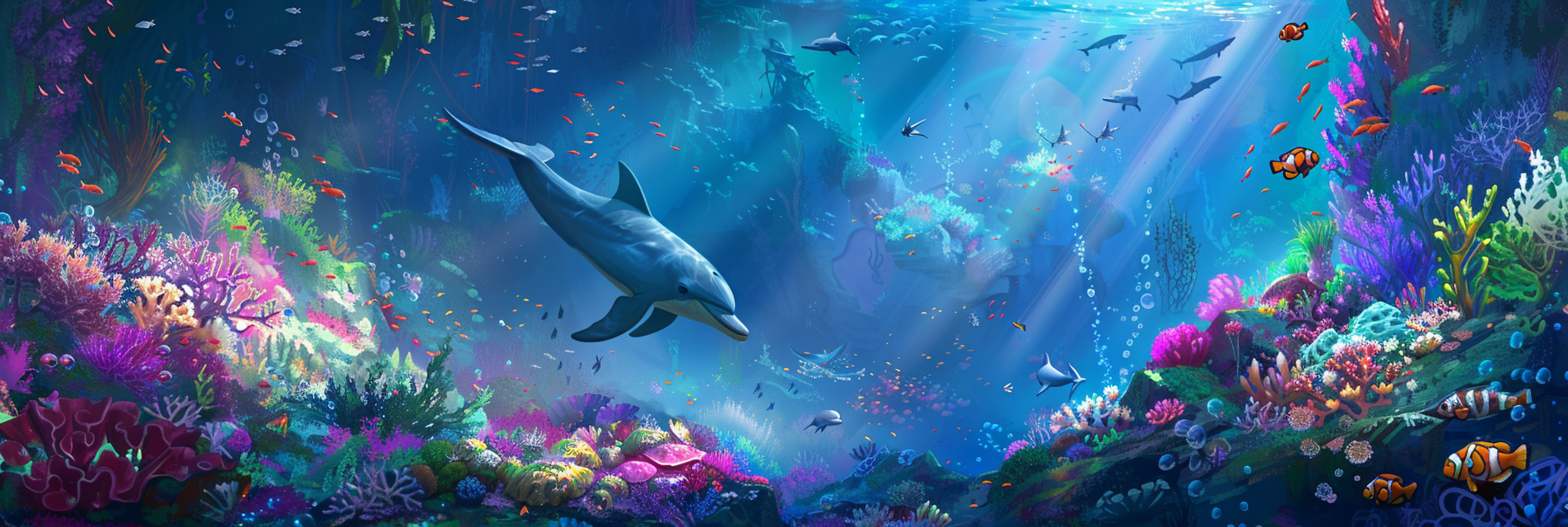
Blue Shark
The Blue Shark is a slender, fast-swimming shark known for its beautiful indigo-blue color. It inhabits deep waters in temperate and tropical oceans worldwide and primarily feeds on small fish and squid.
Scientific Name
Prionace glauca
Behavior
Blue sharks are known for their nomadic lifestyle, often traveling across vast distances in the open ocean. They are highly migratory and are found in deep waters of tropical and temperate seas worldwide. Blue sharks exhibit a strong preference for cooler water temperatures and are often seen in pelagic zones. They are opportunistic feeders, preying on a wide variety of small fish and squid, and occasionally on larger prey.
Breeding
Blue sharks are viviparous, with females giving birth to live young. They have one of the highest reproductive capacities among sharks, with litter sizes ranging from a few dozen to over a hundred pups. The gestation period is about 9 to 12 months, and females may travel great distances to reach their preferred pupping areas, which are often located in warmer waters.
Characteristics
The blue shark is distinguished by its slender, streamlined body and long, pointed pectoral fins. They typically measure between 6 to 10 feet (1.8 to 3 meters) in length, although some individuals can grow larger. True to their name, blue sharks display a beautiful indigo to light blue coloration on their dorsal side, with a lighter, almost white underside. This counter-shaded coloration helps camouflage them from predators and prey.
History
Historically, blue sharks have been widely fished for their fins, which are highly valued in the shark fin soup market, as well as for their meat, skin, and liver oil. They have been one of the most frequently caught sharks in commercial and recreational fishing due to their abundance and distribution across many oceans.
Current Status
The IUCN classifies the blue shark as Near Threatened globally, with populations facing significant pressure from bycatch in commercial fisheries, targeted shark fisheries, and the fin trade. Although they reproduce in large numbers, their slow growth rate and late maturity make them vulnerable to overfishing. Conservation efforts are focused on implementing sustainable fishing practices, monitoring populations, and international cooperation to manage and protect blue shark populations across their wide migratory range.




